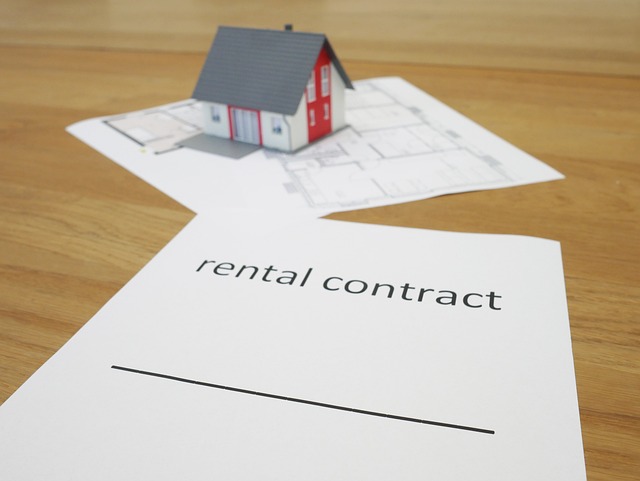No Deposit Apartments for Rent: A Comprehensive Guide
Finding an affordable place to live can be challenging, especially when faced with hefty security deposits. No deposit apartments for rent offer a solution to this common hurdle. This article explores the concept of no deposit rentals, how they work, and the pros and cons of this increasingly popular housing option.

What are no deposit apartments for rent?
No deposit apartments are rental properties that don’t require tenants to pay a traditional security deposit upfront. Instead, these rentals may use alternative methods to mitigate the landlord’s risk, such as surety bonds or lease insurance. This arrangement can make it easier for renters to secure housing without having to come up with a large sum of money before moving in.
How does the no deposit rental process work?
The process of renting a no deposit apartment typically involves a few key steps. First, prospective tenants apply for the rental as they would with any other property. The landlord or property management company then conducts a background and credit check. If approved, instead of paying a security deposit, tenants may be required to purchase a surety bond or lease insurance policy. These alternatives provide protection for the landlord while reducing the upfront costs for the renter.
What are the benefits of choosing a no deposit apartment?
One of the primary advantages of no deposit apartments is the reduced initial cost for renters. This can be particularly beneficial for those who are just starting out, have limited savings, or are relocating for work. Additionally, no deposit rentals can help tenants avoid tying up large sums of money in security deposits, allowing them to use those funds for other expenses or investments. For landlords, these arrangements can potentially attract a wider pool of tenants and reduce vacancy rates.
Are there any drawbacks to no deposit rentals?
While no deposit apartments offer several benefits, there are also potential drawbacks to consider. Tenants may end up paying higher monthly rent or fees to cover the cost of surety bonds or lease insurance. Additionally, unlike traditional security deposits, any payments made for these alternatives are typically non-refundable. Renters should also be aware that they may still be held responsible for damages to the property, even without a traditional security deposit in place.
What should renters know about no deposit apartment agreements?
When considering a no deposit apartment, it’s crucial to carefully review the lease agreement and understand all terms and conditions. Pay close attention to any fees or alternative arrangements in lieu of a security deposit. Renters should also inquire about the process for addressing property damage and the potential financial responsibilities they may face at the end of the lease. It’s always wise to get all agreements in writing and ask questions about anything that seems unclear.
How do no deposit apartments compare to traditional rentals?
To better understand how no deposit apartments stack up against traditional rentals, let’s compare some key factors:
| Factor | No Deposit Apartments | Traditional Rentals |
|---|---|---|
| Upfront Costs | Lower initial expense | Higher upfront cost (security deposit) |
| Monthly Rent | May be higher to offset risk | Often lower monthly payments |
| Damage Responsibility | Still responsible, may require insurance | Covered by security deposit up to its amount |
| Refundable Fees | Typically non-refundable | Security deposit often refundable if no damages |
| Approval Process | May be more lenient | Can be stricter due to deposit requirement |
| Financial Flexibility | More cash on hand initially | Less available cash due to deposit |
Prices, rates, or cost estimates mentioned in this article are based on the latest available information but may change over time. Independent research is advised before making financial decisions.
In conclusion, no deposit apartments for rent offer an alternative path to housing that can benefit many renters, particularly those facing financial constraints or seeking more flexibility. However, it’s essential to weigh the pros and cons carefully and thoroughly understand the terms of any rental agreement before committing. By considering factors such as long-term costs, personal financial situation, and individual needs, renters can make an informed decision about whether a no deposit apartment is the right choice for them.




